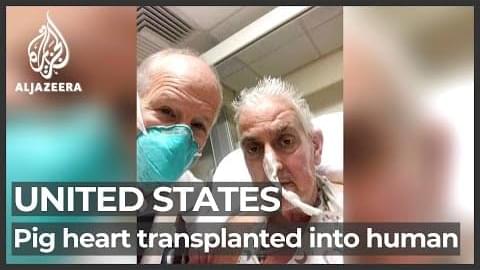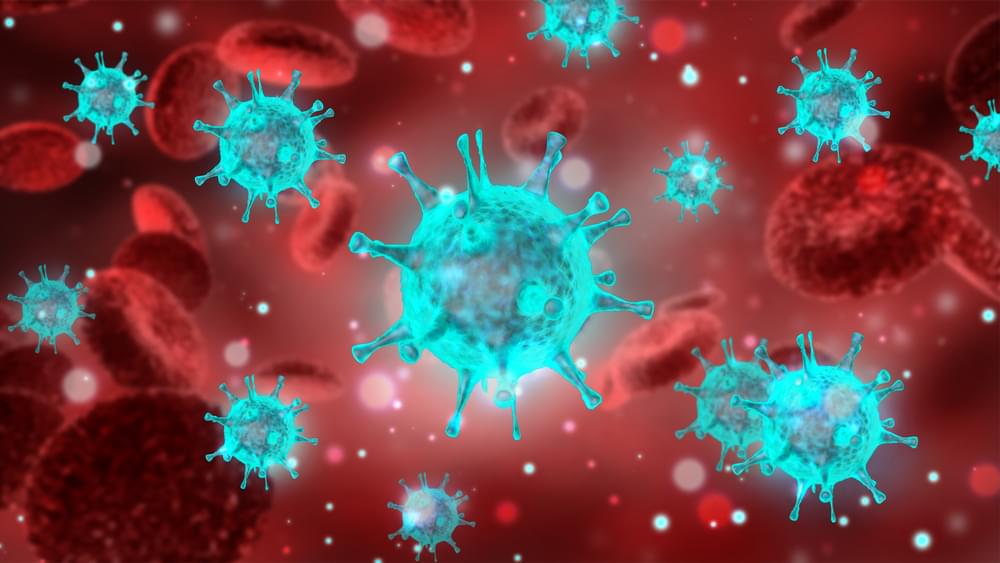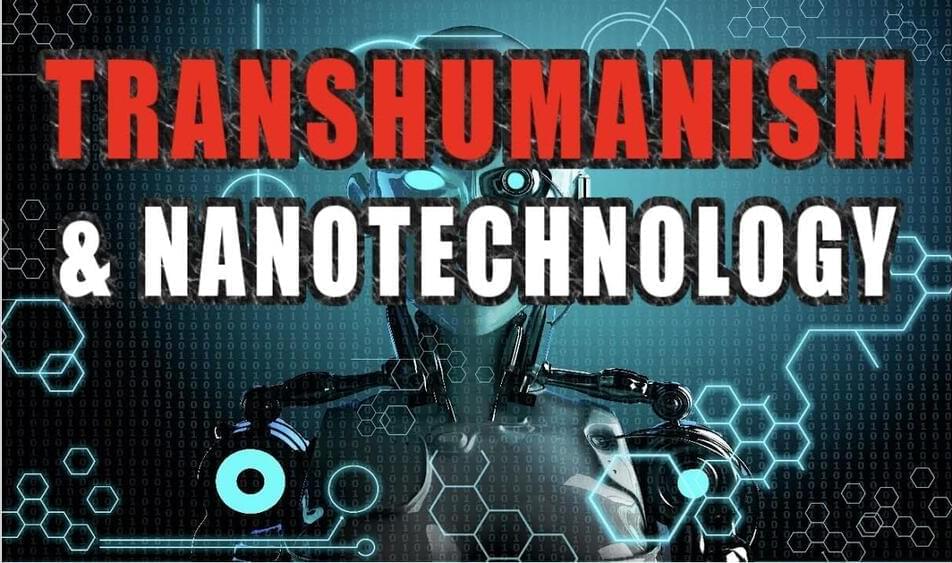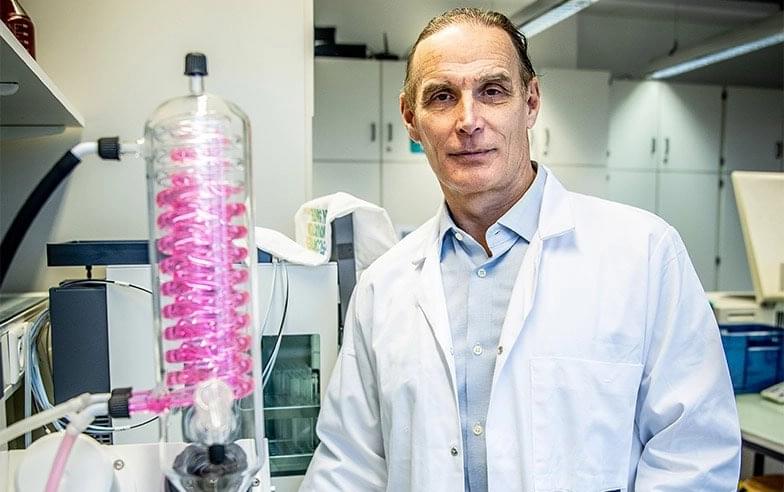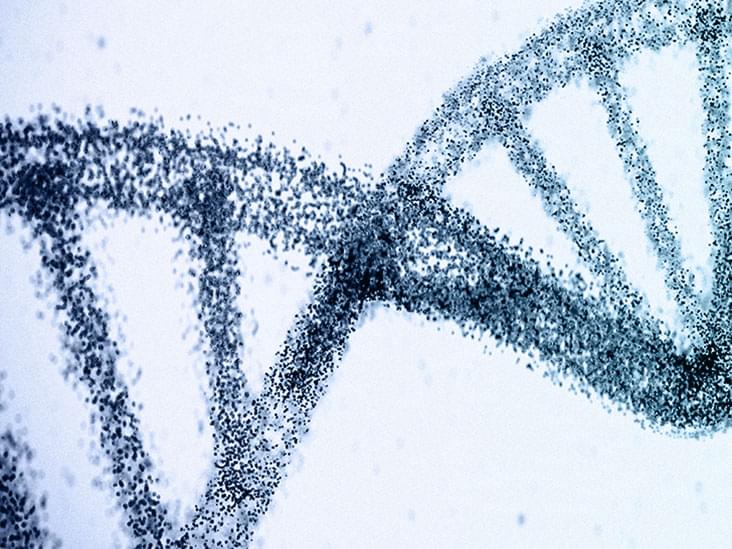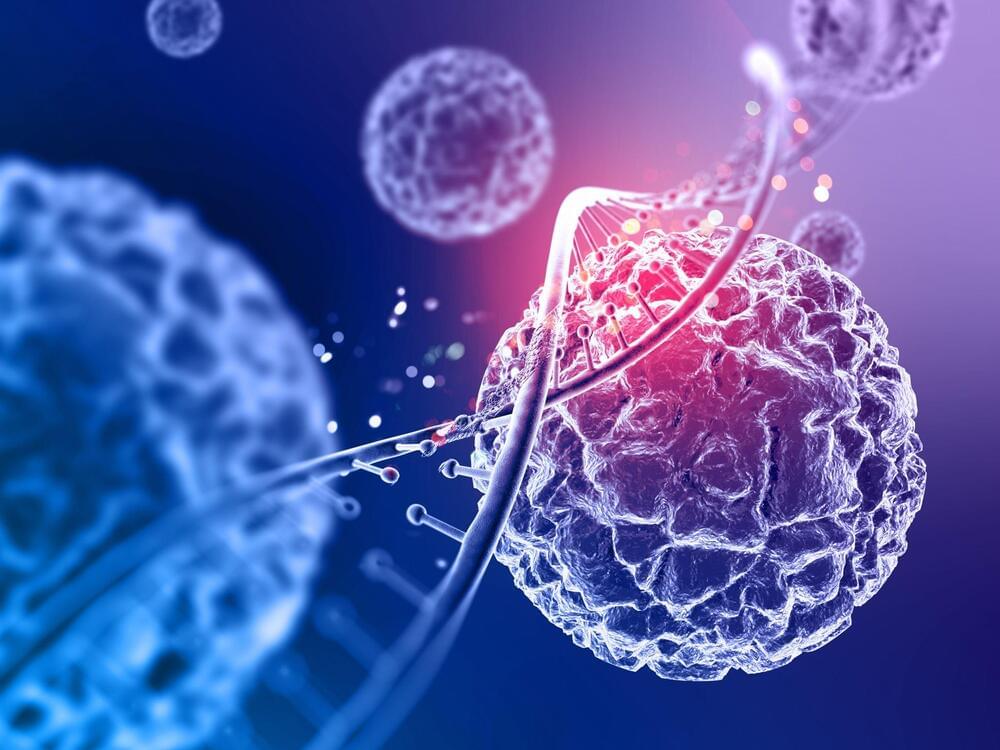Jan 11, 2022
First Reversal of Type 1 Diabetes Using Precision Medicine
Posted by Omuterema Akhahenda in categories: biotech/medical, genetics, health
Houston, TX — Oct 8, 2020 - In a letter published today in the New England Journal of Medicine, a team of physicians from Baylor College of Medicine, Texas Children’s Hospital, and the University of California, San Francisco, describe a remarkable case of a Type 1 diabetes (T1D) patient, who no longer needs insulin to maintain optimal blood sugar levels. The physicians employed a precision/personalized medicine approach to specifically target the underlying genetic mutation, which was the primary driver of this patient’s diabetes.
“To the best of our knowledge, this is the first example of a T1D patient who has experienced a complete reversal of insulin-dependence and we are excited by the prospect that that could be a viable therapeutic strategy for a subset of T1D patients” said corresponding author Dr. Lisa R. Forbes, deputy director for clinical services and community outreach for the Texas Children’s William T. Shearer Center for Human Immunobiology and assistant professor of Pediatrics, Immunology, Allergy and Retrovirology at Baylor.
T1D is a chronic condition in which the pancreas produces little to no insulin, a hormone that maintains sugar levels in the blood. Currently, the treatment options available to T1D patients consist of managing blood sugar levels with insulin, diet and exercise to prevent further complications.
